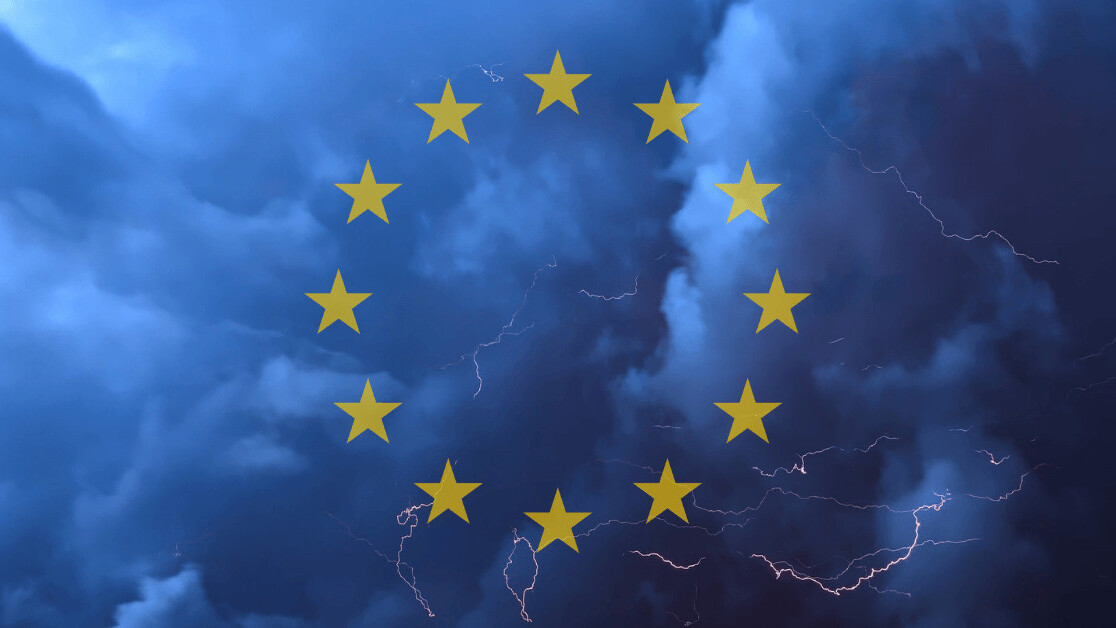
The EU is still plowing ahead with its highly contested Copyright Reform. Trilogue negotiations between the union’s pillars have started again to reach an agreement on the finalized version, and pass the law in March or April this year.
A myriad of EU politicians and companies are troubled by parts of the reform, including big players like Google. Kent Walker, Google’s SVP of Global Affairs, laid out Google’s opposition and called for a fix before it’s too late. Google warns Article 11 and Article 13 could have catastrophic effects on the creative economy in Europe by hampering user uploads and news sharing.
Article 11 in its current form will limit news aggregators’ abilities to show snippets of articles. According to Google’s own experiments, the impact of it only showing URLs, very short fragments of headlines, and no preview images would be a “substantial traffic loss to news publishers.”
“Even a moderate version of the experiment (where we showed the publication title, URL, and video thumbnails) led to a 45 percent reduction in traffic to news publishers,” Walker explained. “Our experiment demonstrated that many users turned instead to non-news sites, social media platforms, and online video sites — another unintended consequence of legislation that aims to support high-quality journalism.”
A bit of background
For those who are not completely up to date on the minutia of proposed EU legislation, the upcoming Copyright Reform is meant to modernize the continent’s outdated legislation to better reflect our current digital reality. Pretty much everybody is happy it’s being updated, but many strongly disagree on what the new legislation should look like.
Opponents of the current proposal argue that Article 11 (a.k.a. link tax) would force anyone using snippets of journalistic online content to get a license from the publisher first — essentially outlawing current business models of most aggregators and news apps.
Article 11 has been seen as a way to counter the influence of big companies like Google by forcing them to fairly compensate publishers for their intellectual property — so it’s not surprising Google doesn’t like it. However, other opponents without a direct stake in the matter, like MEP Julia Reda, have argued Article 11 is actually doing the bidding of big publishers rather than protecting quality journalism, and will ultimately threaten freedom of speech.
France and Germany make Article 13 worse
Article 13 is the other huge concern opponents have about the proposal. It’s argued Article 13 will lead to ‘censorship machines’ as platforms will be made responsible for monitoring user behavior to stop copyright infringements before they happen — possibly preventing content like Miley Cyrus wishing her husband a happy birthday.
This basically means only huge platforms will have the resources to let users comment or share content. Despite that, Google opposes Article 13’s implementation as it could have dire unintended consequences — although the company says it supports the “goals” of the article.
There’s a real worry that Article 13 could lead to broader censorship, leaving free speech vehicles — like parody, satire, or even protest videos — potentially untenable under this system. Similar legislation was trialed in Spain and Germany in 2014 and failed — but opposing sides argue over what exactly led to the failure.
That’s why people had high hopes when EU member states failed to agree on Article 13 earlier this year, leading to a hiatus of trilogue negotiations until now. But the disputed articles are even more likely to become law because France and Germany — the two power pillars in the EU — agreed on an even worse version of Article 13, which won’t exempt smaller platforms.
There’s still a possibility the Copyright Reform won’t become law as EU Parliament members will likely get to vote on it in March or April (many of whom are up for re-election this spring).
Get the TNW newsletter
Get the most important tech news in your inbox each week.




